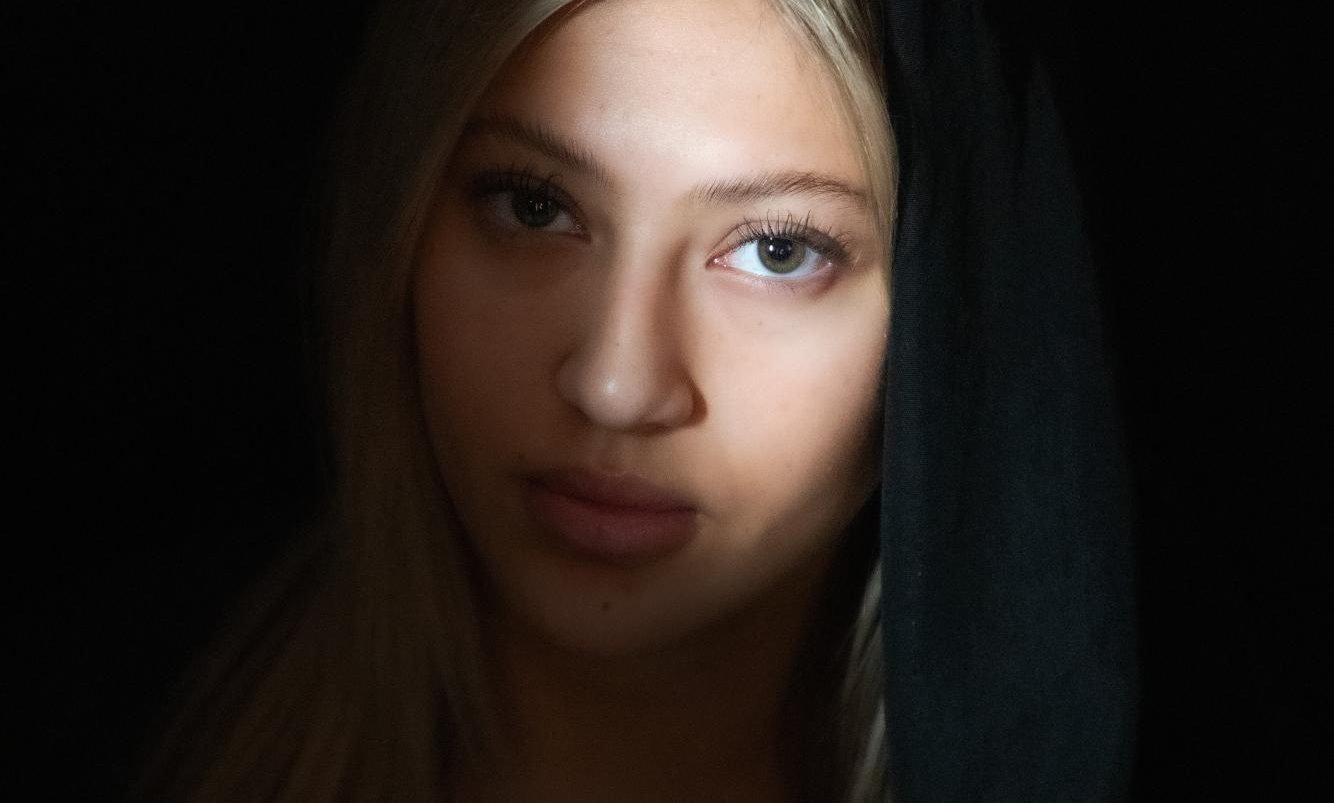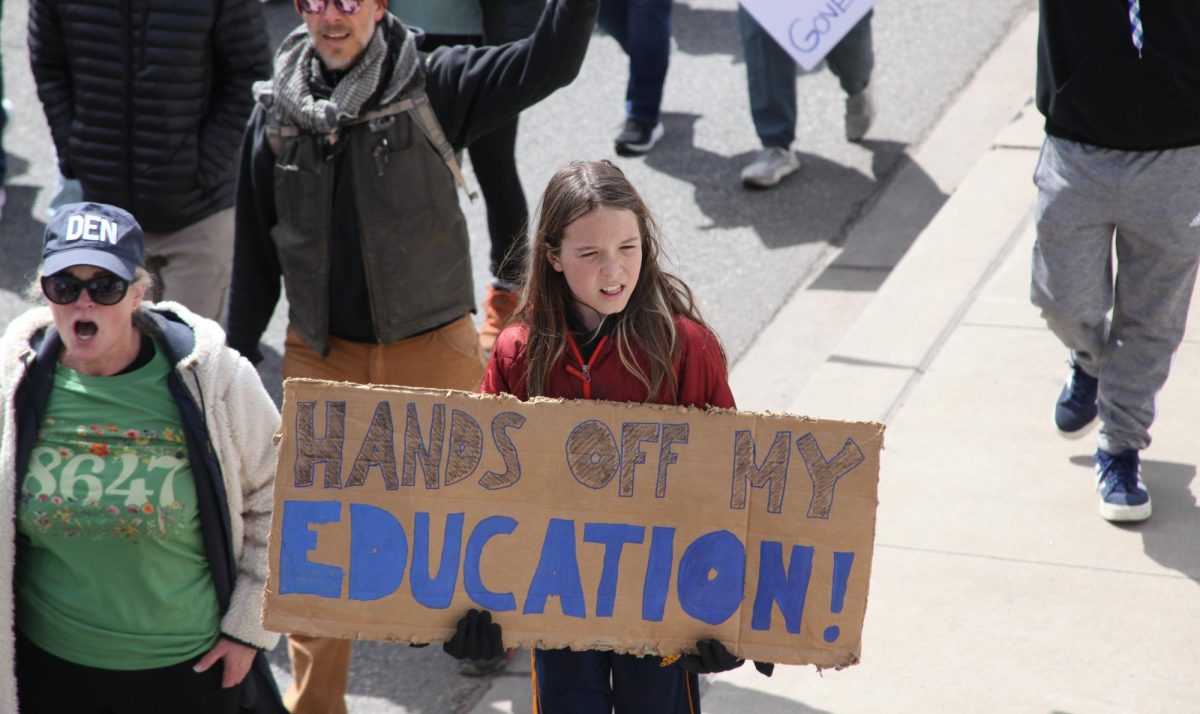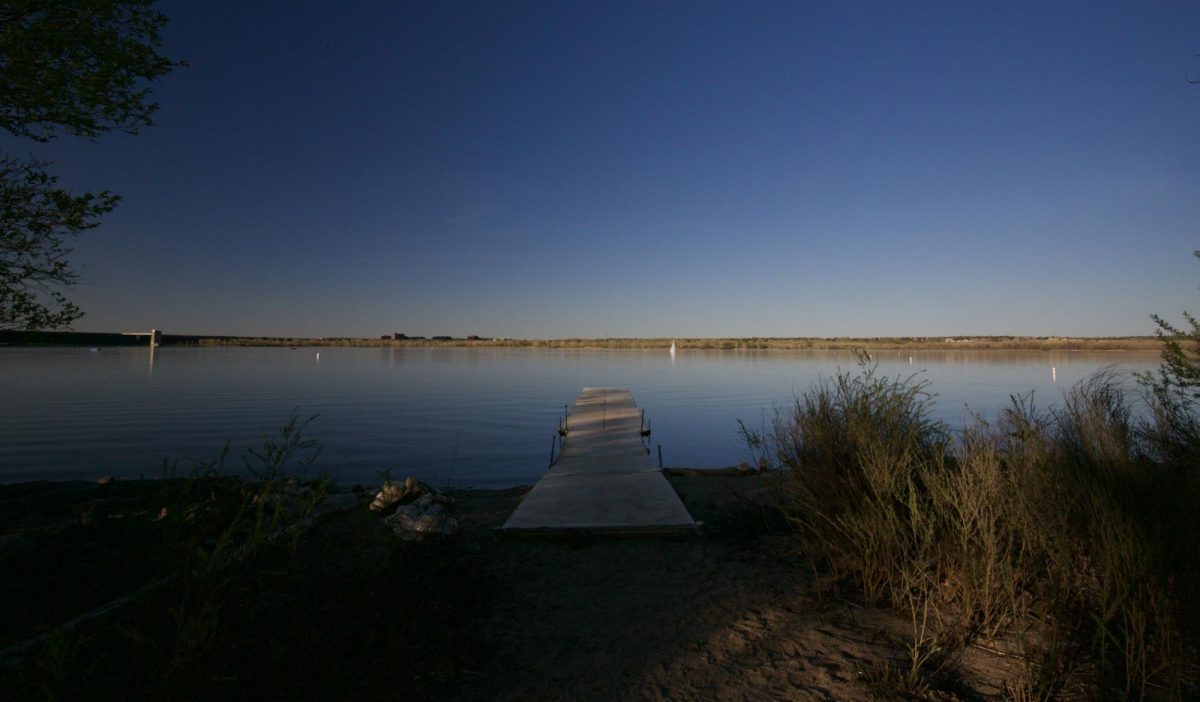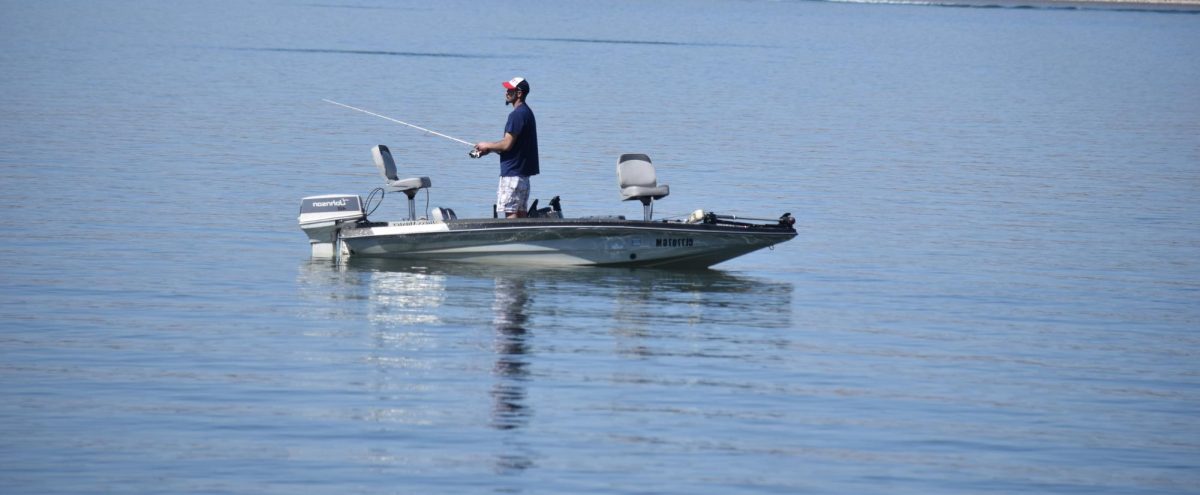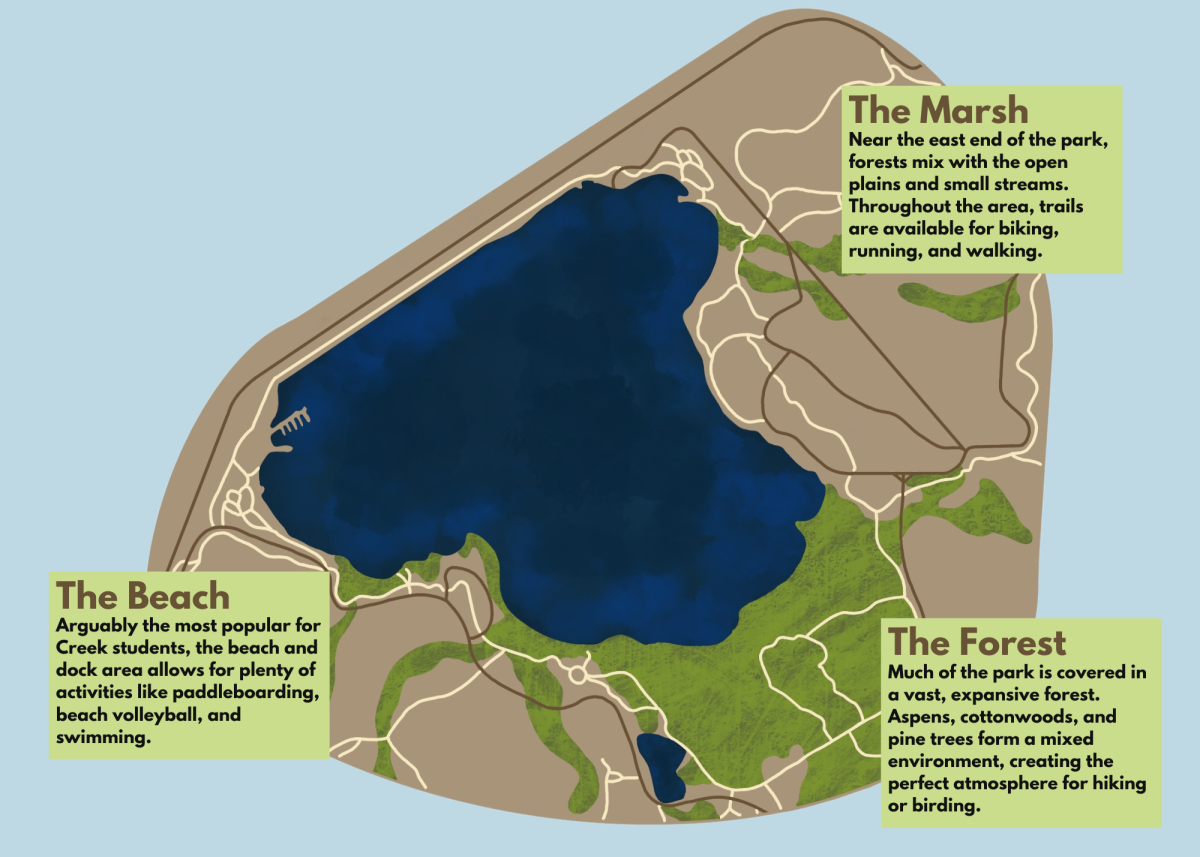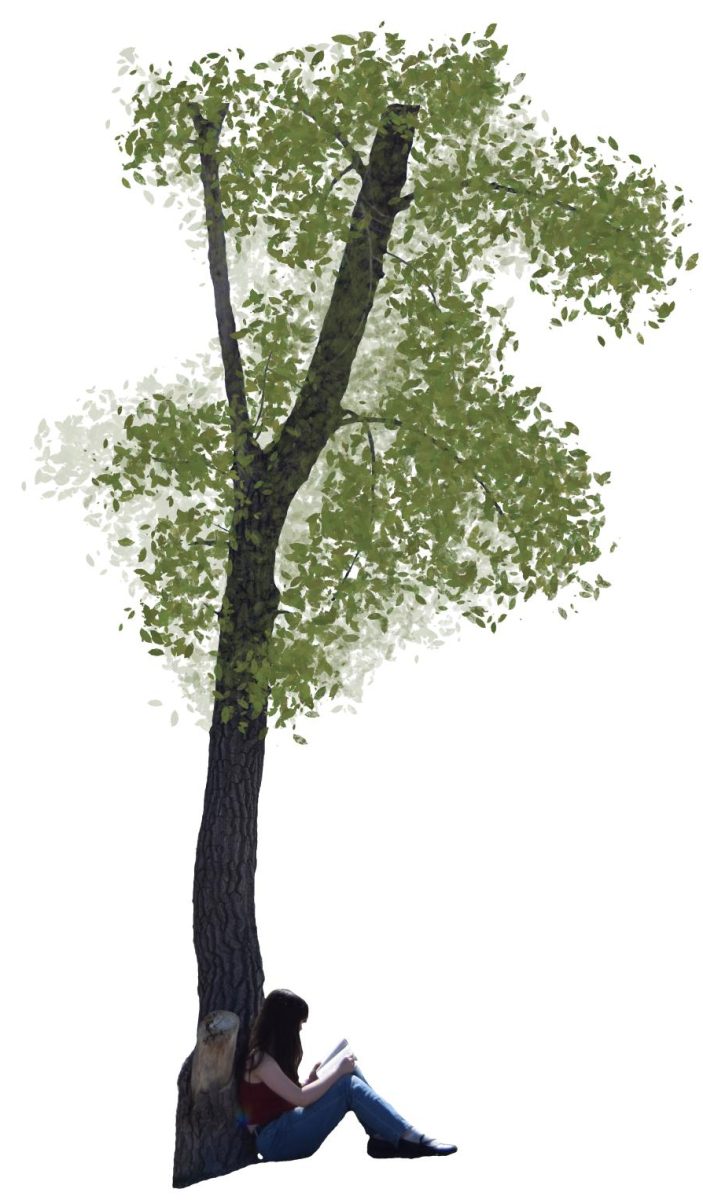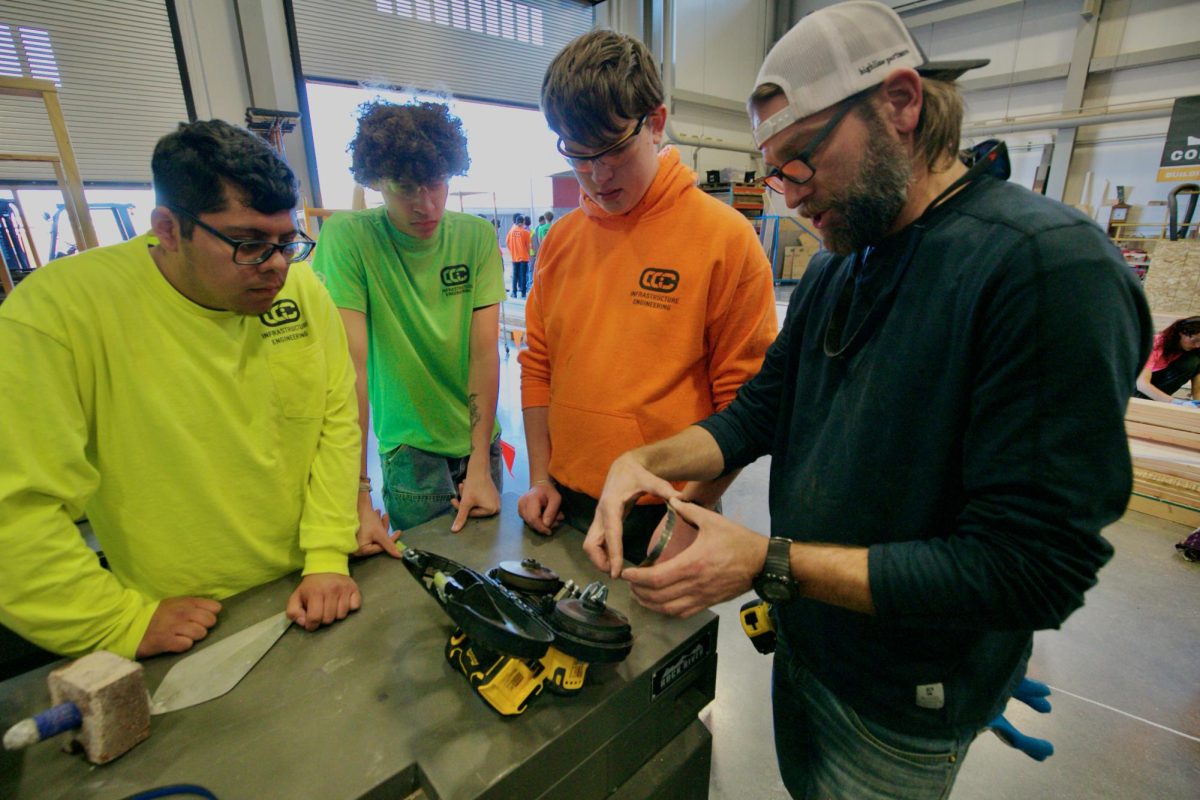Trigger Warning: the following article contains graphic content depicting sexual assault.
‘Victims are scared to share…We need to have way more discussions about sexual assault.’
-Junior Giselle Yokomichi
Why didn’t you choose to be anonymous? I think it’s important that I don’t stay anonymous, so that Creek can see [that] one of the Bruin Consent Coalition (BCC) board members has experienced this and is shining light on the experience.
What’s your opinion on mandatory reporters? As far as my own experience and others, a lot of the time you want to stay anonymous and we want to keep the other person anonymous. It’s a hard experience to go through that. You don’t want to be reminded of it. You don’t want to make it something huge and big and give all the attention to you. I feel like most victims want to stay quiet and hidden away. So then when a teacher does hear something, it’s really scary. I think it’s great in the sense that the teachers are trying to help and trying to protect, but I feel like your boundaries are kind of hurt.
How did your assault make you feel? My experience was different than a lot of other victims. It wasn’t [as] physical [as other assaults]. I think the worst part about it was that a lot of people didn’t believe me. So then when this experience happened to me, everyone was just kind of like, ‘did it really [happen]’ and that was something so hard to go through.
What did that lack of belief, especially from your friends, do to you? It felt like my story wasn’t important [in comparison] to other people’s. So then it feels like, ‘I feel bad about this now, but other people have gone through worse. So my story isn’t significant. And what happened to me isn’t as bad as what’s happened to other people.’ It just made me feel insignificant and small and unheard.
Have you had an experience with slut shaming? Slut shaming has become more of comedy than [it] is actually calling someone out for what they’re wearing or what they look like or the activities they do, which is equally as bad. I dress more modestly, but I’ve heard things that guys say about girls and what they’re wearing or what girls say about what a guy looks like, and it’s so gross.
After your assault, did it add another layer onto slut shaming for you? I don’t want to call them rape jokes, maybe like sexually provocative jokes. Those became a lot more serious and I correct my friends when I can because I support an end to all sexual [assault] and consentless actions. Those are now red flags to me.
Do you feel like there’s a lack of support for victims? I think sexual assault is something hard to talk about. Again especially because jokes are so normalized now that when you talk about your own experience, it becomes uncomfortable when it becomes too serious to have a discussion. I know a lot of my friends don’t know what happened to me and I’m fine with that, because I don’t feel comfortable talking to my friends about it. It’s almost easier to tell people I don’t know as well so they don’t really change their perception of me. Whereas if I tell someone I’m really close to it’s harder to [think] ‘they think of me differently or they want to protect me.’ But I think peer-to-peer wise, there needs to be more support at Creek. I think BCC is obviously a great way to have student-to- student interaction.
Back to your own personal story. How did you recover? My own personal experience happened around this time last year. I try not to put a date on it just so I’m [not] like, this is the three month [anniversary]. But time was a big part. It took me a long time. It took a lot of different relationships. I lost relationships from the experience, I gained relationships. You never really heal from something like that. I think time is the biggest part but also support. Once I made new connections and I felt more comfortable talking about it, [it] helped me a lot because then you’re not the only one going through it.
Do you think Creek has a sexual assault issue? I don’t think I should pinpoint it at Creek because I think that sexual assault is something outside of [not] only high schools and outside of colleges but everywhere. This is the first year we’ve had a club talking about consent and sexual assault prevention and education. Where was that before we started BCC? I don’t know a lot of what goes on at Creek because victims are scared to share but, I wouldn’t say it’s really a problem action-wise but prevention-wise. We need to have way more discussions about sexual assault.
Is there anything else that you want to add? Just because something didn’t happen to you doesn’t mean that your story is insignificant. Every consentless action matters.
‘You feel like it’s your fault that it happened and [that] you should learn to be okay with it.’
-Anonymous
We were heading on a date. And then on the way back he was really touchy and asking to do weird things on the way there and I wasn’t really down for it. I had a good time for the most part. And then on the way home he asked to finger me in the back seat. And I distinctly remember being like, ‘no, not right now.’ And then he was like, ‘Oh, can I put my hand there?’ And I was like that’s a weird ask. I was really uncomfortable. I felt bad for saying no, because I wasn’t into anything earlier. And I didn’t want to make him upset. So I was like, ‘I guess that’s fine.’ And I was like, ‘but don’t go inside,’ and he was like, ‘okay,’ and then he did anyway. And then it was awkward because what are you going to do? So I just kind of played it off as a joke.
Back at his house, he asked to do stuff again. We had the house to ourselves. But I was like, ‘oh, sorry, my mom’s almost here.’ We ended up cuddling on the couch and I was fine, because two minutes later, his mom came in. But he definitely wanted to do stuff after.
Do you think if his mom didn’t come in that something would have happened? I don’t know. I don’t think he was a bad guy. I don’t think he is a bad guy. But I do think that I at some point would have given him an ‘oh sure, it’s fine’ because I would have felt bad for saying no so many times, because I didn’t want him to be upset with me.
And other than you not wanting him to be upset, is there any other reason that you would feel bad for saying no? No, not really. He was my first boyfriend and he just seemed really, really into me. And at that point, I was like, ‘oh, I don’t want to mess it up and lose out.’ Here’s a guy who cares about me so much. If I keep saying no to him, he’s gonna find another girl who can do that. You just don’t want them to leave. So at some point, you say yes to stop them from walking out on you.
Why did you continue to stay? So that night after I went home, I was crying on the bathroom floor and it was just a rough night, I sent him a text where I was like, ‘hey, I don’t want to do stuff for a while.’ He kept asking me, not in a mean way, ‘hey, are you okay?’ And I was like, ‘I don’t know. I feel like I said no tonight.’ He kept apologizing to me a lot. And so it was like, oh, everyone makes mistakes, everyone gets caught up in the moment. It happens. It’s no big deal. But then, he wasn’t super chill after either. I thought it was a one time thing. And after that, it’s not that I said no. So I don’t call anything that happened after “sexual assault.” But I wasn’t really saying yes, either. I stayed because I thought he would change.
After the assault, what happened? I think I was lying on my bathroom floor for hours, and I was just sobbing. And then you just look in the mirror [and] feel disgusted with yourself. You feel so violated that someone would do that to you. And then you sit there trying to figure out why someone who cares about you would make you feel that way and why you couldn’t just get over it. And then you feel like damaged goods. At some point, I think I just started to feel numb about it. I think I cried for a few hours and was laying on my bathroom floor. And I just couldn’t think about it because it hurt a lot.
In the days and weeks following, how did you feel? I don’t think I brought the issue up with him until we broke up, which was like a month later. I think for a while, I just blamed myself and I just really didn’t like myself. I felt kind of violated, I felt very raw. I just felt very vulnerable and raw all the time. I didn’t like to look in the mirror, and in those few weeks after, I did not blame him for it. I was just upset with myself for letting it happen.
Can you talk a little bit about what it feels like to gaslight yourself? When someone says they love you or they really like you or they really care about you, you trust that. But then it’s like, if they really cared about you, why would they have done that? And then you just feel like you weren’t good enough. And then you feel like you’re not enough. You didn’t want it to happen, but obviously they did. And it just feels like you couldn’t be enough for them. Like who you are on your own isn’t what they want. And then you feel like it’s your fault that it happened and [that] you should learn to be okay with it.
How did you recover? I don’t know if I fully have, in all honesty, but I do think he’s not in my life at all anymore. I think he understands that he messed up. I’ve talked to him plenty, obviously, but I think at some point I was like, ‘I can’t have you in my life. And I don’t know if you realize that that was what it was.’ But I think not having him in my life was the worst part. I think knowing some of my friends who’ve gone through it helps and some people who [have] been there before him and after him helps, but I don’t know if you ever fully move on from it. I do think it’s something that affects me every day.
Did you think that you wanted to try and talk to an authoritative figure? After we broke up, [even to] people who knew, I would just tell them he was still a good guy. It was just one bad night. I also think that bringing authorities into it isn’t always the goal. Sometimes you just want to move on. [A] friend will be like, ‘you need to go to the counselor. You need to go tell an adult.’ But sometimes you just want it to not have happened.
For you, what does “it doesn’t have to be rape” mean? Rape is sex, but I think there’s a lot of other things to it. Just because they didn’t have sex with you doesn’t mean they didn’t physically violate you.
And when you make that argument, who do you feel like you’re disagreeing with? I feel like I’m disagreeing with a societal standard: what constitutes bad enough. I feel like a lot of people don’t talk about it because we just kind of gaslight ourselves into the idea that it wasn’t as bad as it could have been like, “he touched me but at least he didn’t rape me.”
With that in mind, do you feel like victims are supported in schools? I think-okay, hot take-I would say no, because of the issue that all adults at Creek are mandatory reporters. I know that I did not want to talk to a counselor because by law, they have to call my parents and explain what happened. That’s not really something that I want getting out. [It’s not] something I want to be known for; something I want my parents knowing. I think people do it with good intentions, but I think they’re just a little bit ignorant.
What do you think Creek should do to better support victims? I feel like what’s missing from Creek is a way to find people who’ve been through it with no adult present. And I know there’s a legal issue behind it. But I think having a mandatory reporter is so dangerous because then you have a lot of people who stay quiet and don’t say anything out of fear of it going to the police.
And for you, are the police a bad option? To me I don’t even fully hate this guy. I dated him for a while. I really cared about him. So to me, I’m not trying to ruin his life. I’m just trying to move on with mine.

